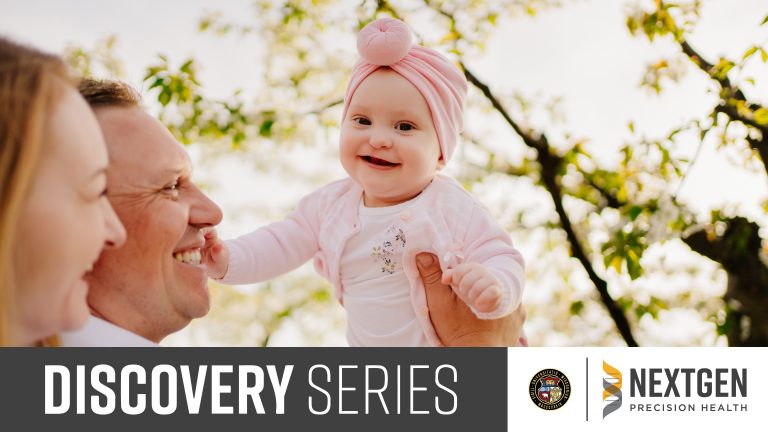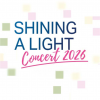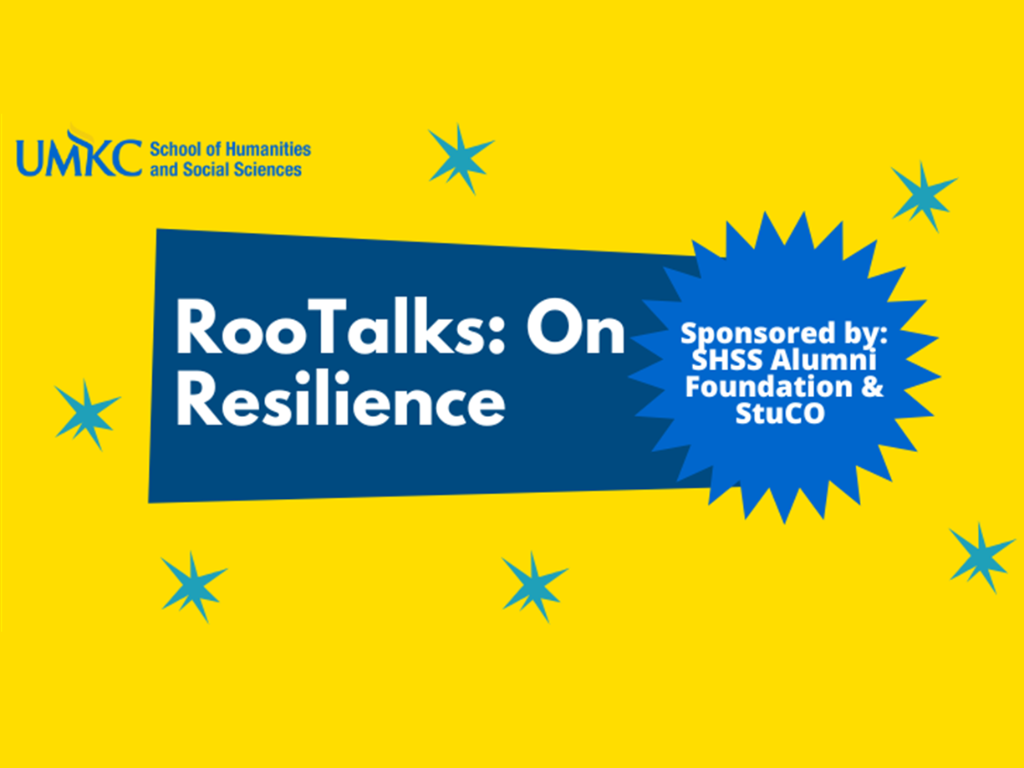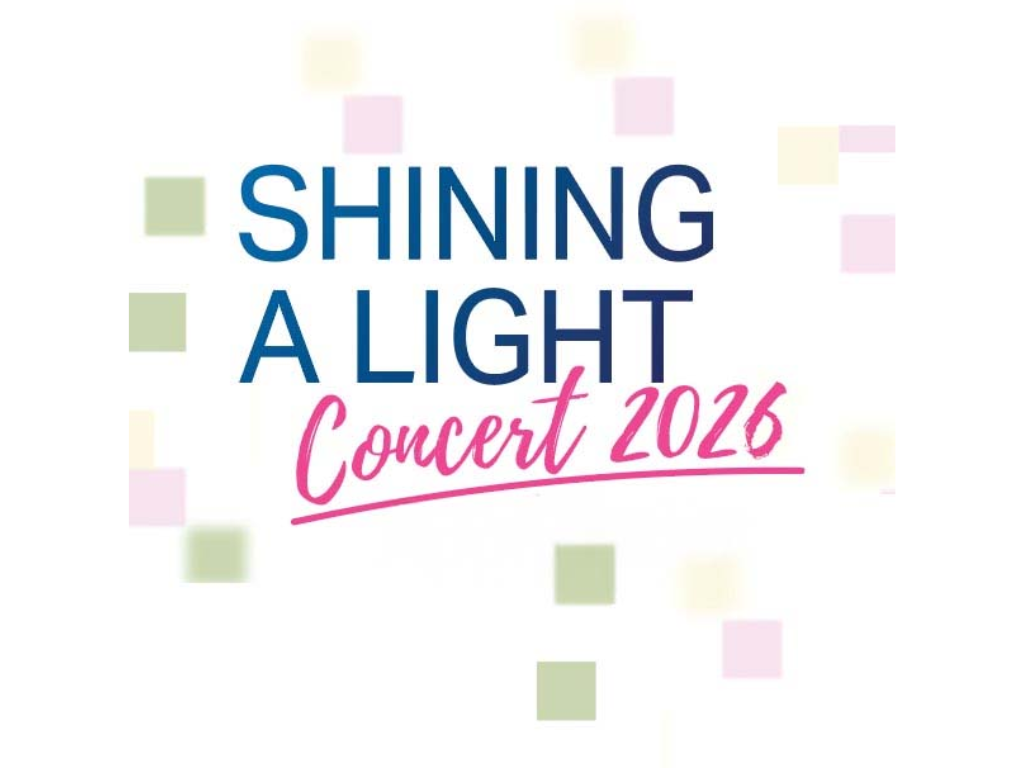“One of the joys, in a way, is being a detective and trying to find answers for families who are desperately wanting an answer.” - Timothy Cox, PhD
Cleft lip or cleft palate are very common congenital conditions – affecting 1 out of 700 births – forming a space in an infant’s lip or the roof of their mouth. Some of those children will have 10 or 15 surgeries up to the age of 18, and that’s accompanied by issues with sleep and feeding, altered growth parameters, speech therapy, and even psychological consultation related to these hardships.
What if the impact of this kind of genetic disorder could be reduced or prevented entirely? And what if the solution was as simple as adjusting a mother’s diet during pregnancy based on her family’s genetic risk factors?
“As a geneticist, I always like to think genetics is the key to everything,” says Timothy Cox, a professor of mineralized tissue research in the University of Missouri-Kansas City’s School of Dentistry and School of Medicine. “I think that’s true to a degree, but it’s not the sole determinant of outcome, even for birth defects.”
In fact, many genetic conditions are heavily influenced by their interplay with environmental and dietary factors. For example, clefting occurs during the first 8 to 10 weeks of pregnancy and has been associated with vitamin A deficiency in the mother. It’s no surprise that consuming alcohol can interfere with metabolism of important vitamins but so can the consumption of processed foods with high fat or high cholesterol content.
Beyond that, different genetic causes of disorders like clefting or spina bifida seem to respond differently to dietary adjustments. Researchers like Cox aim to identify recommendations for patients with different genetic indications.
“If you have a skin condition, for example, vitamin A is absolutely important for trying to improve that,” he says. “But too much vitamin A will cause a different skin condition.”
Cox has devoted his career to growing our understanding of those guidelines, both at the family and population level. His curiosity was evident at a young age.
“I was definitely a biology nerd growing up. I was always outside collecting every critter.”
While earning his PhD at the University of Adelaide in Australia, he found his way into a lab studying a blood disease. He identified the genetic cause of the disease – long before anyone had mapped the human genome – and as a result he discovered that a vitamin B6 supplement relieved a patient’s anemia symptoms. That experience opened his mind to the impact he could have in the world of genetic disorders, and there’s no shortage of scientific secrets to unlock.
“There are so many important things out there that are not being investigated. And they may just require a little bit of creativity or thinking outside the box. And so instead of just thinking, ‘we can treat this condition,’ we might think, ‘could we actually prevent it?’”







